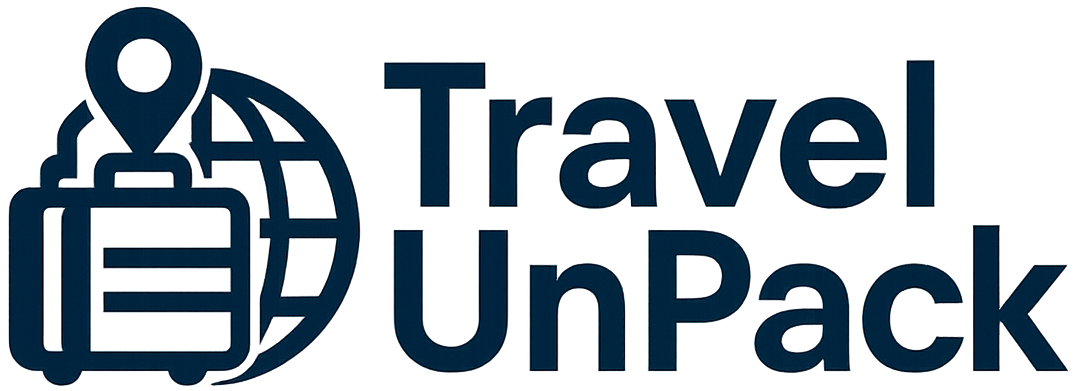What is emotional intelligence and why does it matter in a career?
Have you ever wondered why some people, even with average technical skills, advance rapidly in their careers, while others, who are extremely qualified, stagnate? The answer may lie in emotional intelligence (EI). Defined as the ability to recognize, understand and manage one's own emotions and those of others, EI is a competitive edge in the professional world.
Studies, such as those by psychologist Daniel Goleman, show that emotional intelligence is responsible for up to 58% performance in any type of work. This means that even if you are a technical expert, if you don't know how to deal with pressure, conflicts or work in a team, your growth may be limited.
Imagine two professionals: one is technically brilliant, but gets stressed easily and can't receive feedback. The other has solid knowledge, but is also resilient, knows how to communicate and inspire colleagues. Who do you think will be promoted first? The answer seems obvious, doesn't it?
The good news is that emotional intelligence can be developed. Self-awareness, self-control, empathy and social skills are pillars that can be worked on daily. Want to know how? Let's explore practical strategies for you to apply today.
Self-knowledge: the first step to mastering your emotions
Before you can manage your emotions, you need to recognize them. It sounds simple, but how many times have you acted on impulse and regretted it later? Self-knowledge is the basis of EI and involves identifying emotional patterns, triggers and how they affect your behavior.
An effective technique is emotional diary. Take 5 minutes at the end of the day to write down situations that aroused intense reactions in you. For example: "I was frustrated when my boss changed the project deadline without warning." Over time, you'll notice patterns and be able to act more consciously.
Another exercise is to ask colleagues or mentors for honest feedback. Ask: "How do I cope under pressure?" or "Do my reactions affect the team?" Many avoid this step for fear of criticism, but that's precisely where growth lies. Remember: feedback doesn't define who you are, but it does show you where you can improve.
You can also use tools such as Myers-Briggs test or Big Five model to map personality traits. These resources help you understand your natural tendencies, such as introversion or extroversion, and how they impact your professional interactions.
Self-control: how to stay calm and make better decisions
Knowing how to identify emotions is crucial, but control them is what prevents impulsive decisions. How many times have you said something in the heat of the moment and then wanted to take it back? In the workplace, this can cost you important relationships or even opportunities.
Here, techniques of breathing and mindfulness are powerful allies. When you feel the tension rising, try technique 4-7-8Inhale for 4 seconds, hold for 7 and exhale for 8. This method reduces anxiety and gives you the clarity to respond, not react.
Another strategy is postponing important decisions when you're emotionally upset. If a heated discussion arises, say: "I need to think about this. Can we resume tomorrow?" This shows maturity and avoids unnecessary conflict.
Finally, create an action plan for stressful situations. For example, if a client criticizes your work, instead of taking it personally, take a deep breath and ask yourself: "What can I learn from this?" Turn the negative emotion into an impulse to improve.
Empathy: the key to building solid professional relationships
Empathy is not just "being nice". It's the ability to understanding the needs and perspectives of othersThis is essential for leading, negotiating and working as part of a team. Think: when was the last time you really listened to a colleague, without interrupting or judging?
A simple exercise is to practice active listening. In meetings, focus on what the other person is saying, ask clarifying questions and summarize what you've understood before answering. For example: "So you're worried about the deadline, right? Let's adjust the schedule." This shows respect and strengthens trust.
Another tip is observe non-verbal language. A colleague who avoids eye contact or crosses their arms may be uncomfortable. Instead of ignoring them, ask: "You seem to have some questions. Would you like to share?" Small gestures like this create a more collaborative environment.
Empathy also involves adapting your communication. A technical leader, for example, may need to explain complex concepts in a simple way to other departments. Ask yourself: "How can I say this in a way that makes sense to them?"

Social skills: how to communicate with impact and influence
There's no point in having self-knowledge and empathy if you don't know how to express yourself clearly. Social skills include assertive communication, conflict resolution and the ability to inspire people.
Start by practicing clarity of message. Instead of saying: "That won't work", try: "I see a challenge here. How about we try X?" The first sentence closes doors; the second opens dialog.
Networking is also part of social skills. But it's not about collecting business cards - it's about building genuine relationships. Talk to people in other areas, show real interest and offer help without expecting an immediate return.
In conflicts, focus on the problem, not the person. Let's say a colleague delays a delivery. Instead of: "You always do that!", try: "We need to align deadlines to avoid future delays." That way, you can resolve the issue without creating resistance.
Emotional leadership: how to inspire and motivate teams
Leading isn't just about delegating tasks - it's engaging people. A leader with high EI knows how to motivate, recognize efforts and deal with crises without destabilizing the team.
A practical example: instead of just pointing out mistakes, recognize the success first. "Your report was very well structured. Shall we adjust this data to make it perfect?" This keeps morale high and encourages improvement.
Another technique is sharing vulnerabilities. Admitting when you don't know something or when you've made a mistake humanizes you and encourages the team to do the same. Ask: "What have we learned from this?" to turn failures into growth.
Finally, adapting your leadership style depending on the situation. Some moments call for firmness, others for support. Look at what your team needs: clear direction or room for creativity?
Emotional intelligence in selection processes and promotions
Did you know that many recruiters assess EI in interviews? Questions like "Tell me about a conflict at work" test your ability to deal with emotions.
Prepare histories of real situations using the STAR method (Situation, Task, Action, Result). Example: "In company X, there were disagreements in the team. I mediated a solution-focused conversation and we realigned the objectives." This shows social skills and resilience.
For promotions, show emotional initiative. Offer to mediate discussions, train new colleagues or give constructive feedback. Leaders notice those who go beyond the technical.
How to develop emotional intelligence on a daily basis
EI is not learned overnight, but with consistent practice. How about starting today?
– Read about psychology and human behavior (books like Goleman's "Emotional Intelligence" are great).
– Practice meditation to increase emotional awareness.
– Ask for feedback regularly and adjust your approach.
– Observe people with high EI - what do they do differently?
Small changes, such as pause before answering or praising a colleagueBut that makes a difference. Remember: technical skills take you only so far; emotional intelligence opens doors you never imagined.
So, are you ready to turn your emotions into career allies? The first step is to get started.



